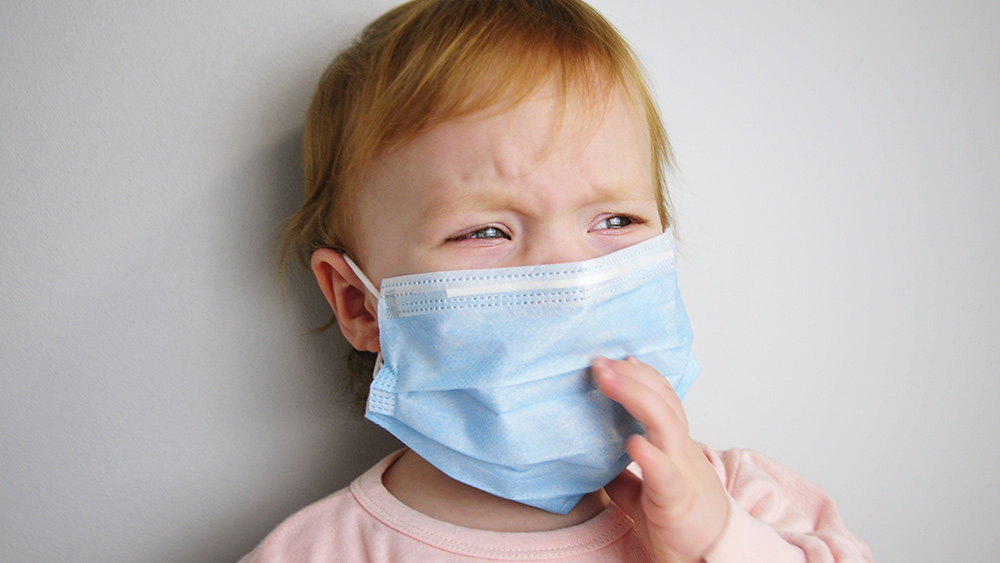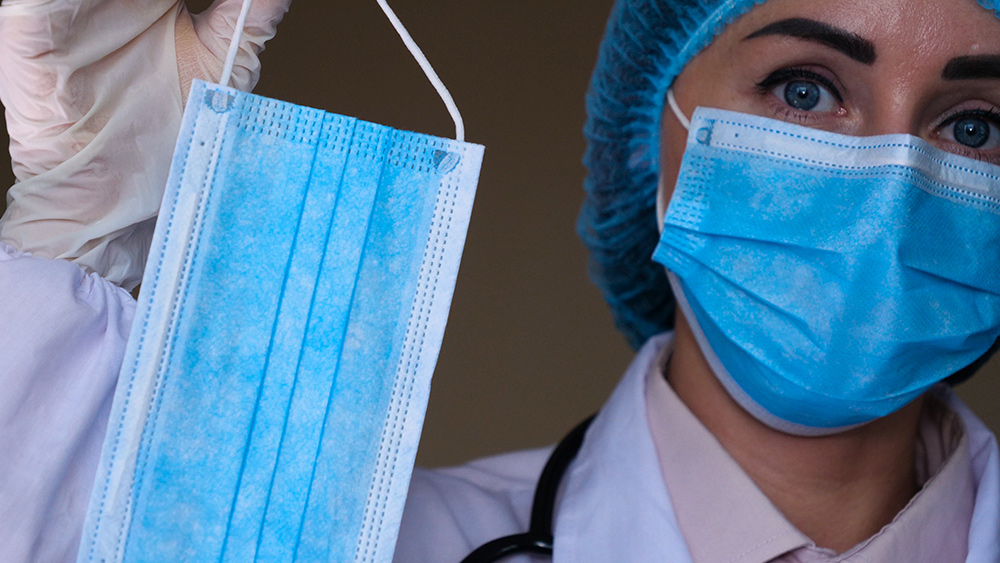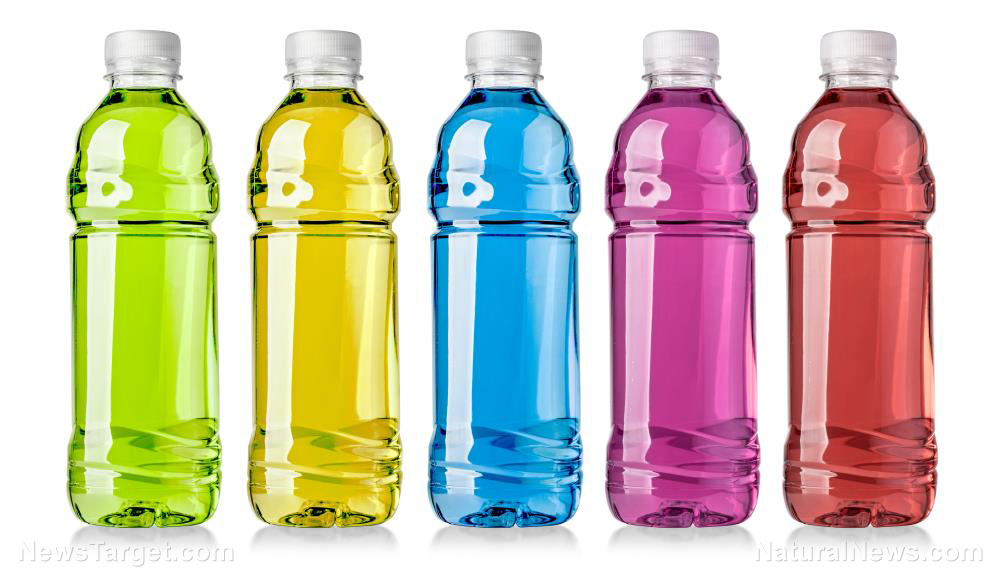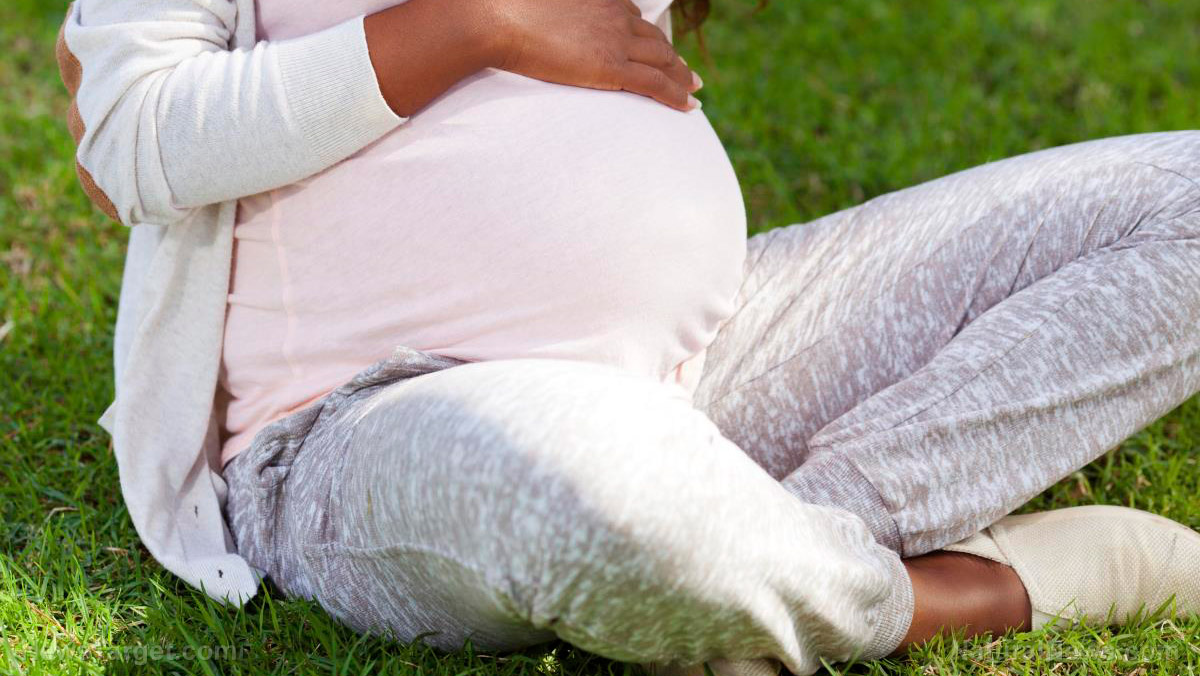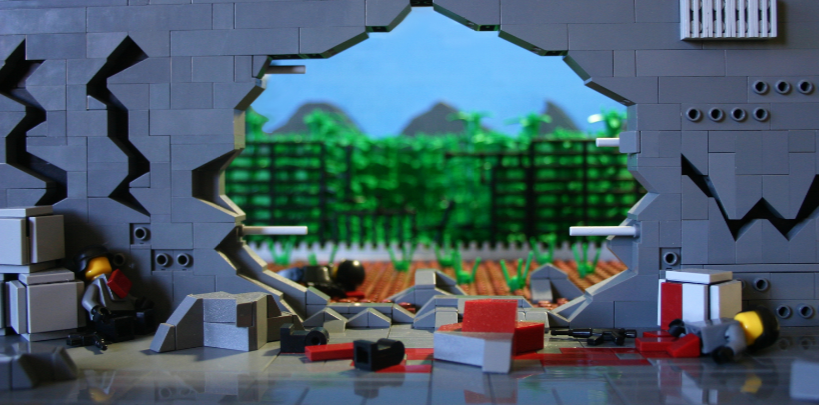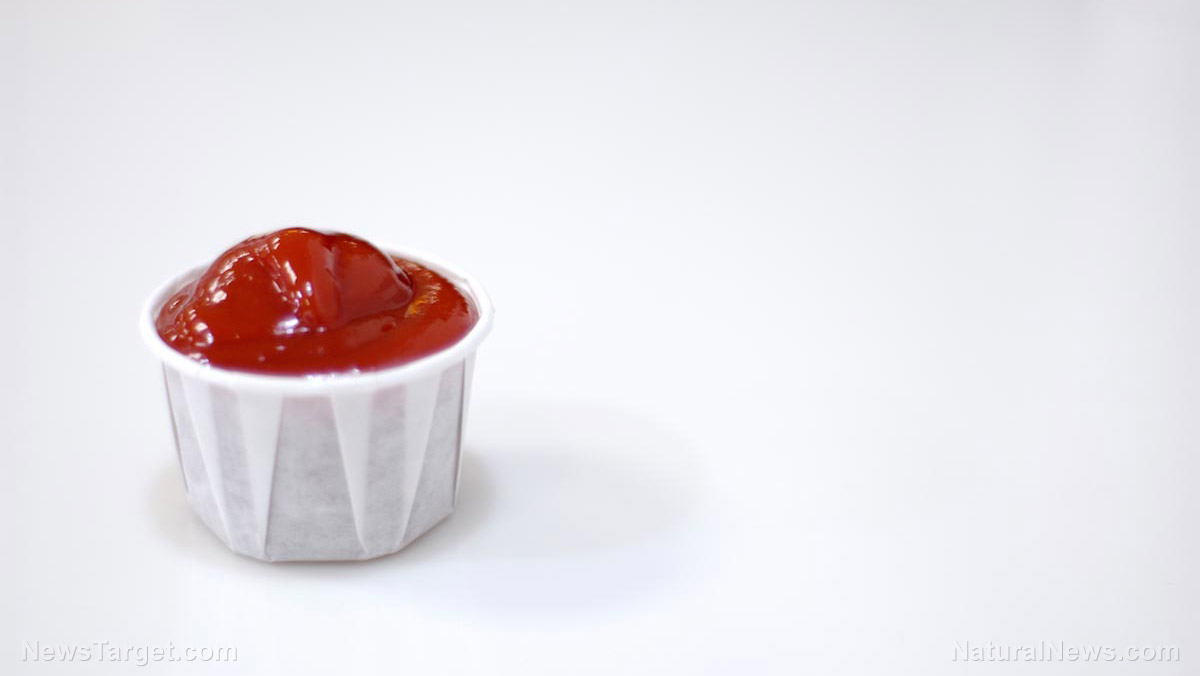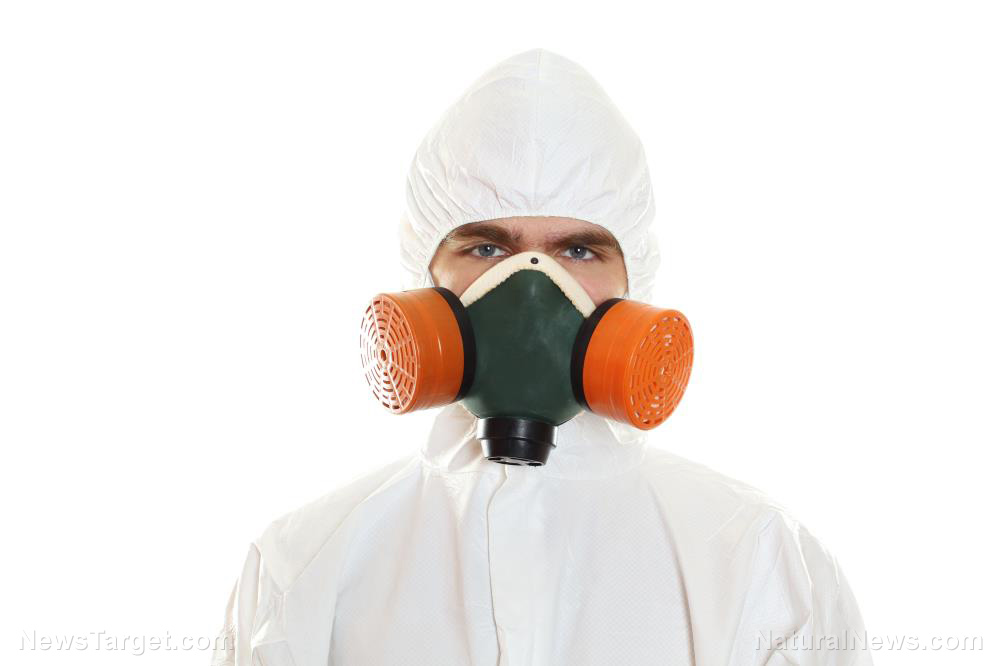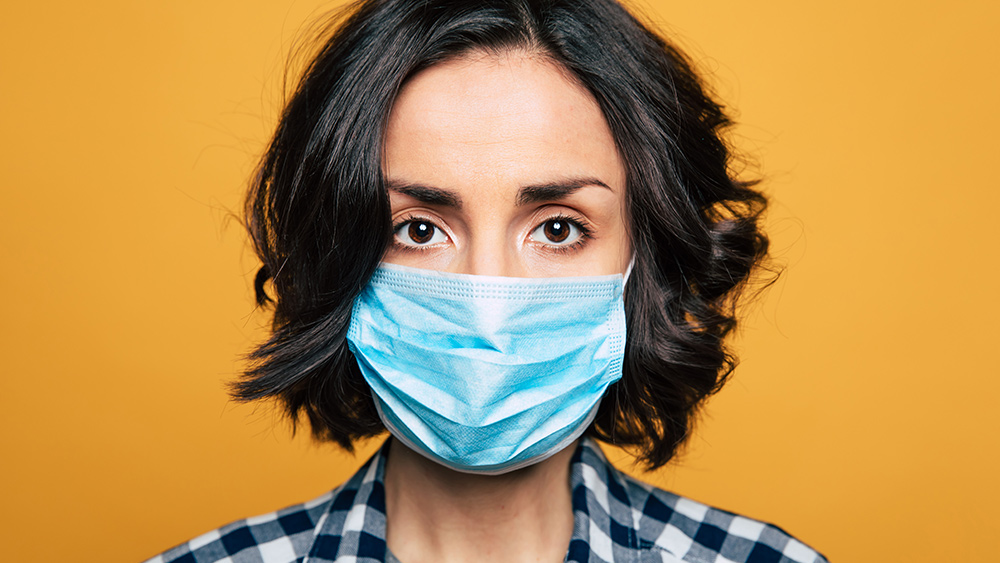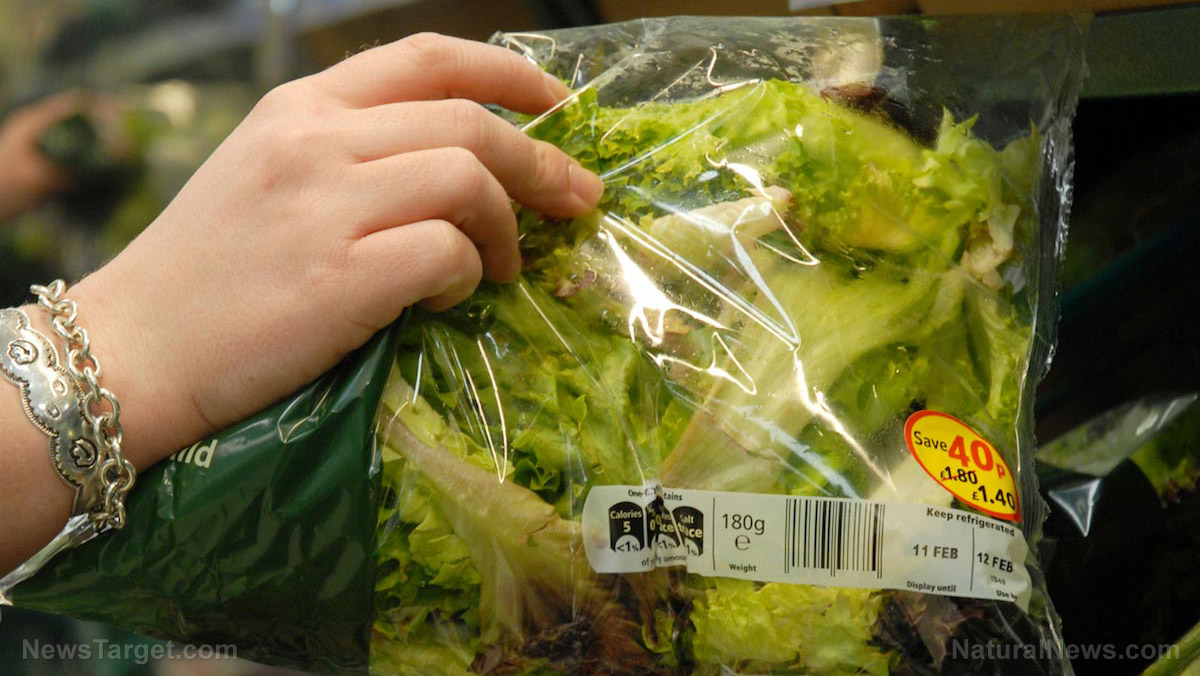Discarded face masks, PPE are killing wildlife around the world
03/31/2021 / By Divina Ramirez
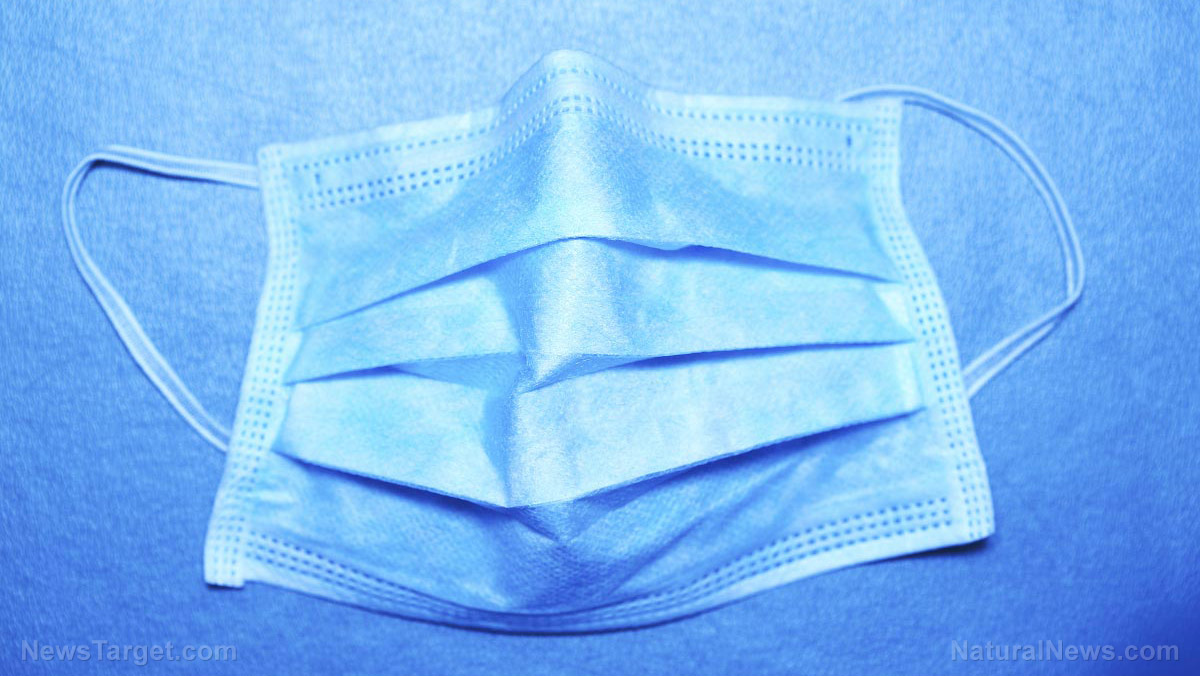
Millions of people around the world have been using single-use face masks, disposable gloves and other personal protective equipment (PPE) to avoid infection since the coronavirus pandemic began in March last year. But the increased use of such items has resulted in a new wave of litter, one that harms and even kills animals. Those are the findings of a recent report by biologists from Leiden University in the Netherlands.
Published March 22 in Animal Biology, the report is the first overview of cases of entanglement, entrapping or ingestion of COVID-19 litter by animals. The COVID-19 litter included in the report were single-use latex gloves and single-use face masks consisting of rubber strings and polypropylene fabric.
The biologists said most animals were ingesting gloves or becoming entangled in the ear loops of masks. Other animals were even building their homes with COVID-19 litter, demonstrating the impact of the pandemic on ecosystems.
“I think it’s ironic that the materials that protect us are so harmful to the animals around us,” noted lead author Auke-Florian Hiemstra.
Discarded single-use face masks, gloves are killing animals
Hiemstra and his colleagues started researching incidents of animals becoming trapped in single-use masks or dining on broken-down gloves after volunteers alerted them to a perch trapped in a glove during a canal cleanup. Volunteers also spotted coots, a kind of water bird, making nests from masks and gloves.
To understand how pervasive these wastes are, the team searched news sites and social media posts from litter collectors, birdwatchers, wildlife rescue centers and veterinarians. Their search produced incidents of animals, both terrestrial and aquatic, getting entangled in or ingesting COVID-19 litter.
In particular, the researchers spotted incidents of foxes in the United Kingdom and birds in Canada becoming entangled in face masks. In fact, the earliest victim of COVID-19 litter was a robin entangled in a mask in Canada in April last year. They also came upon reports of hedgehogs, seagulls and crabs trapped by PPE.
Other incidents included a checkered pufferfish found trapped in a face mask along the shores of Miami Beach. Unfortunately, the fish was already dead. In France, a shore crab was also found dead after getting caught in a face mask along the beach.
In addition, the researchers came upon reports of a serotine bat caught in the ear loops of two pieces of masks in the Netherlands and a monkey attempting to eat a soiled mask in Malaysia.
Researchers also discovered evidence of animals eating broken down bits of plastic from COVID-19 litter. One of the cases was of a penguin that had bits of plastic inside its stomach. The researchers also warned that pet animals, such as dogs, can swallow masks and gloves.
Co-author Liselotte Rambonnet explained that COVID-19 litter poses a threat to wildlife for two reasons. First, animals become weakened due to becoming entangled. Second, animals can starve from ingesting plastic because the plastic makes them feel full. Degraded plastic can also leak chemicals into their bodies.
The researchers pointed out that more information and studies are needed to understand the full extent of the damage COVID-19 litter causes to ecosystems. For this reason, they recently launched a website where anyone can submit a report of animals becoming trapped in or eating COVID-19 litter.
The researchers hope their report will raise awareness of the dangers the discarded face masks, gloves, PPE and other coronavirus-related waste pose to wildlife. (Related: The once pristine European Arctic is now covered in plastic despite low human population; researchers concerned for wildlife, ecosystems.)
They called on people to use reusable face masks as much as possible or to dispose of single-use face masks properly. Other environmentalists and advocacy groups are asking people to snip the ear loops of used face masks to lessen the chances of birds and other wild animals becoming entangled in them.
Visit Environ.news to learn more about the environmental impact of COVID-19 waste like masks and PPE.
Sources include:
Submit a correction >>
Tagged Under:
animals, birds, Coronavirus pandemic, covid-19, discoveries, Ecology, environment, face masks, plastic waste, research, wildlife
This article may contain statements that reflect the opinion of the author
RECENT NEWS & ARTICLES
Microplastics.News is a fact-based public education website published by Microplastics News Features, LLC.
All content copyright © 2018 by Microplastics News Features, LLC.
Contact Us with Tips or Corrections
All trademarks, registered trademarks and servicemarks mentioned on this site are the property of their respective owners.







